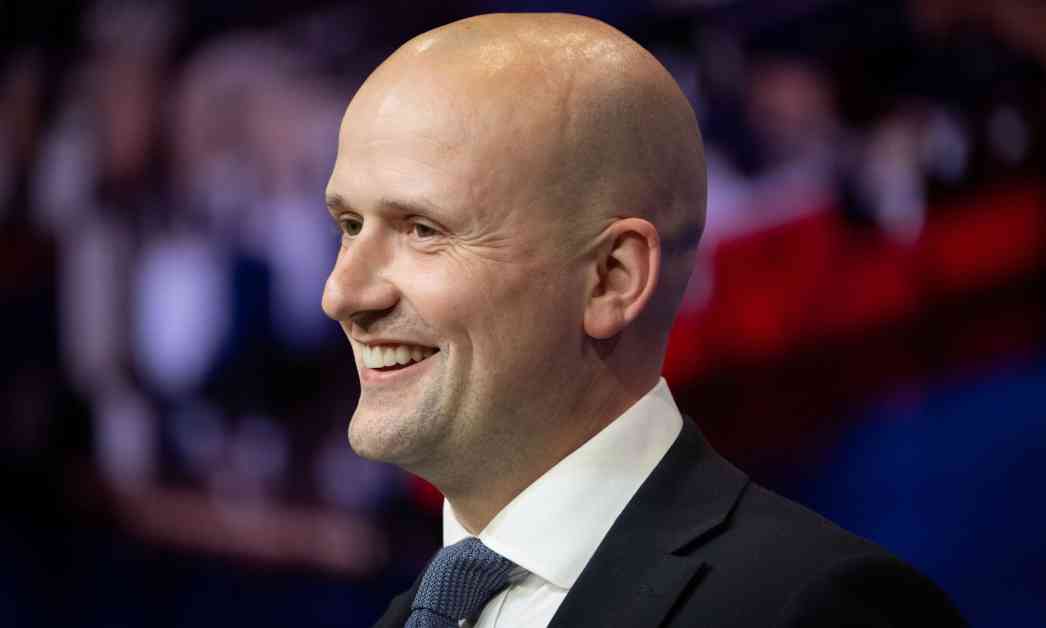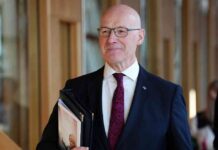Stephen Flynn, the SNP Westminster leader, recently made headlines when he announced his decision to step down from his Aberdeen South Westminster seat if he is successful in his bid to enter the Scottish Parliament. This move came after he initially planned to hold both positions concurrently, which sparked controversy within the party.
Flynn had intended to challenge Aberdeen MSP Audrey Nicoll for his seat in 2026 while retaining his position in Westminster. However, faced with criticism from his own party and concerns over the potential financial implications of a by-election, he reconsidered his stance. He acknowledged his error in judgment, stating that his initial intention was to prevent unnecessary strain on the public purse.
Despite his change of plans, Flynn remains committed to running for Holyrood, emphasizing his belief that the Scottish Parliament is the key to Scotland’s path to independence. He expressed solidarity with fellow independence supporters and emphasized his dedication to contributing to the movement.
The issue of “double jobbing,” where politicians hold multiple elected positions simultaneously, has been a contentious one, with opposition parties pushing for its prohibition. The Scottish Parliament may soon vote on banning this practice, which could impact Flynn’s aspirations. He noted that he will assess the new candidate selection rules in preparation for the upcoming Holyrood election.
Flynn’s decision to challenge Nicoll for her seat was met with surprise from the MSP, who admitted that she learned of his intentions relatively late in the process. This revelation further fueled the controversy surrounding Flynn’s political ambitions and raised questions about his approach to party dynamics.
As the political landscape continues to evolve, Flynn’s journey to secure a seat in the Scottish Parliament remains uncertain. The implications of his decision to resign from his Westminster position, the potential ban on dual mandates, and the reactions from within the SNP all contribute to the ongoing narrative of his political career. Only time will tell how these developments will shape the future of Scottish politics and the pursuit of independence.












